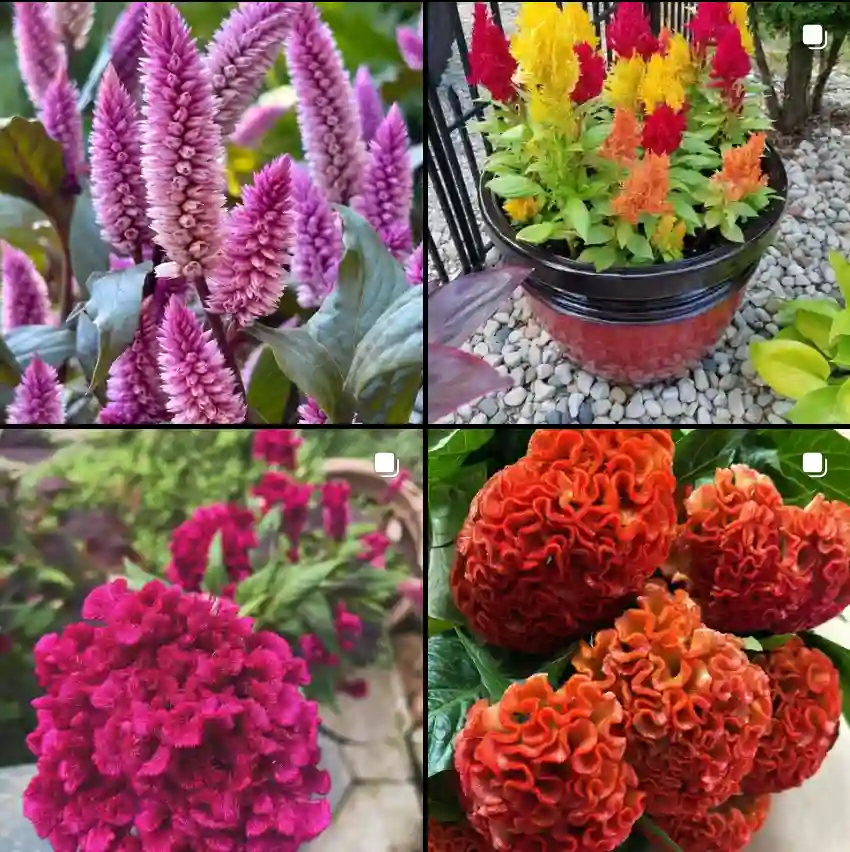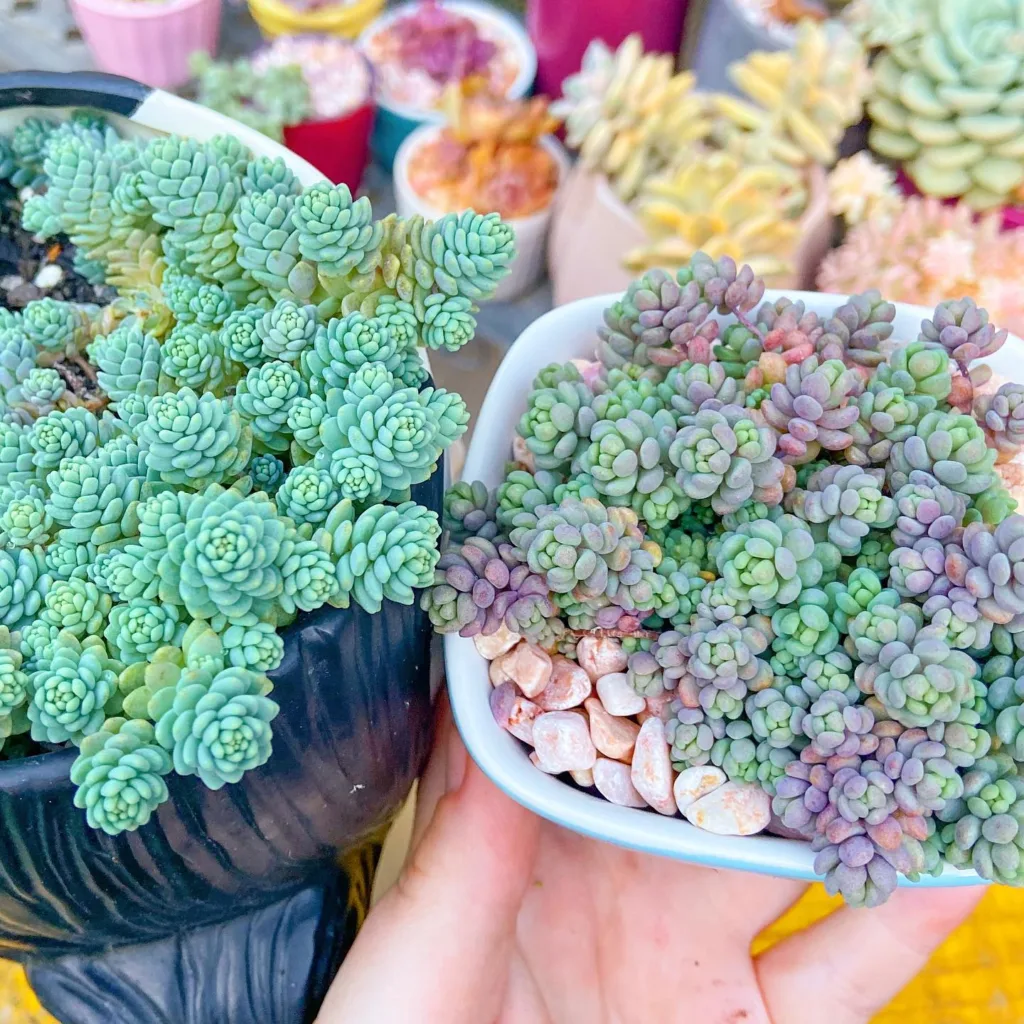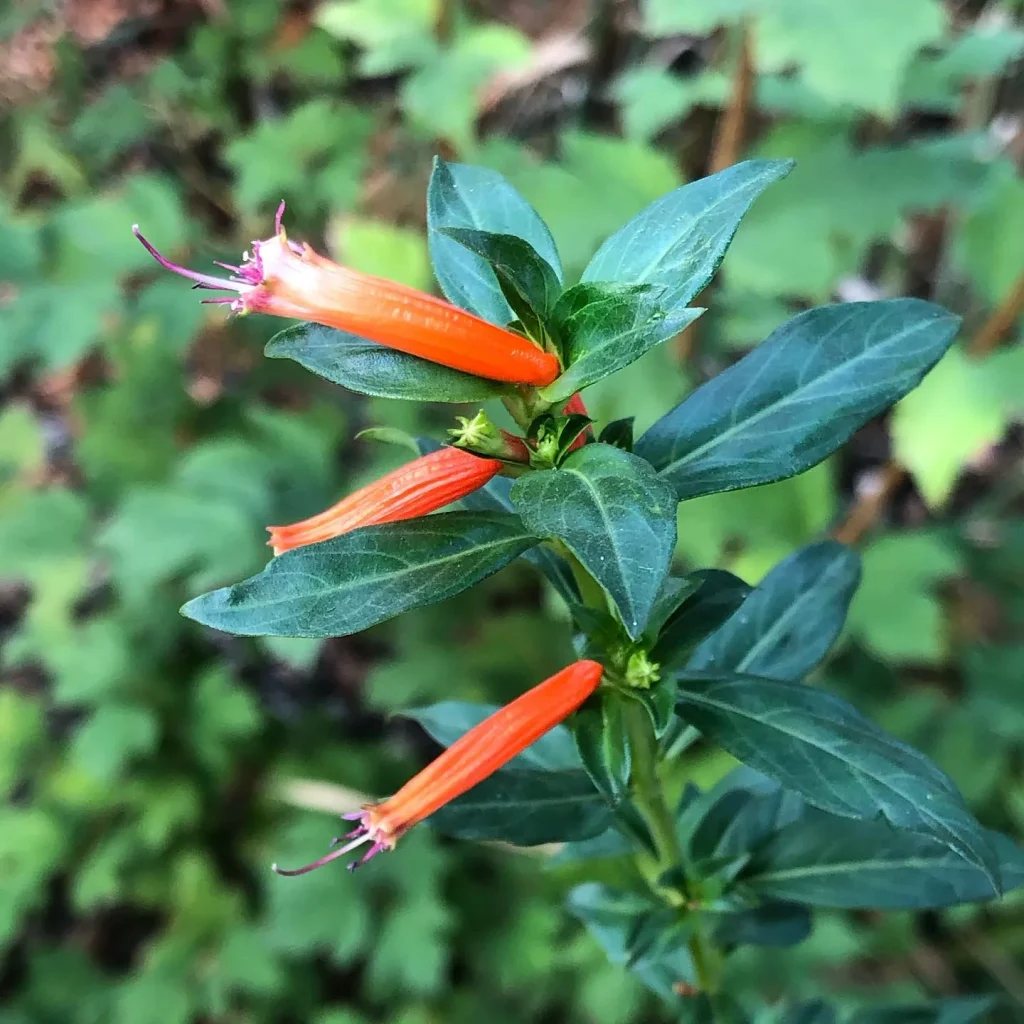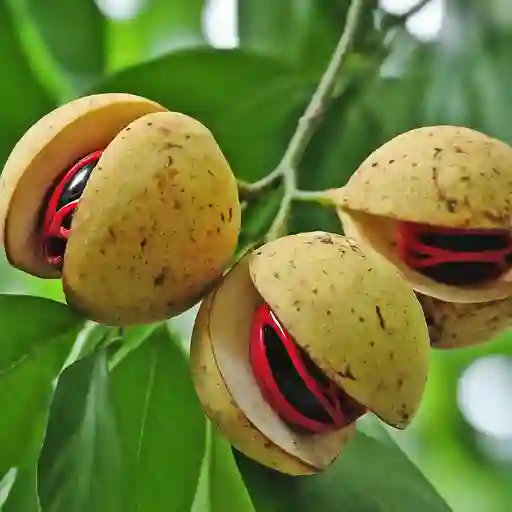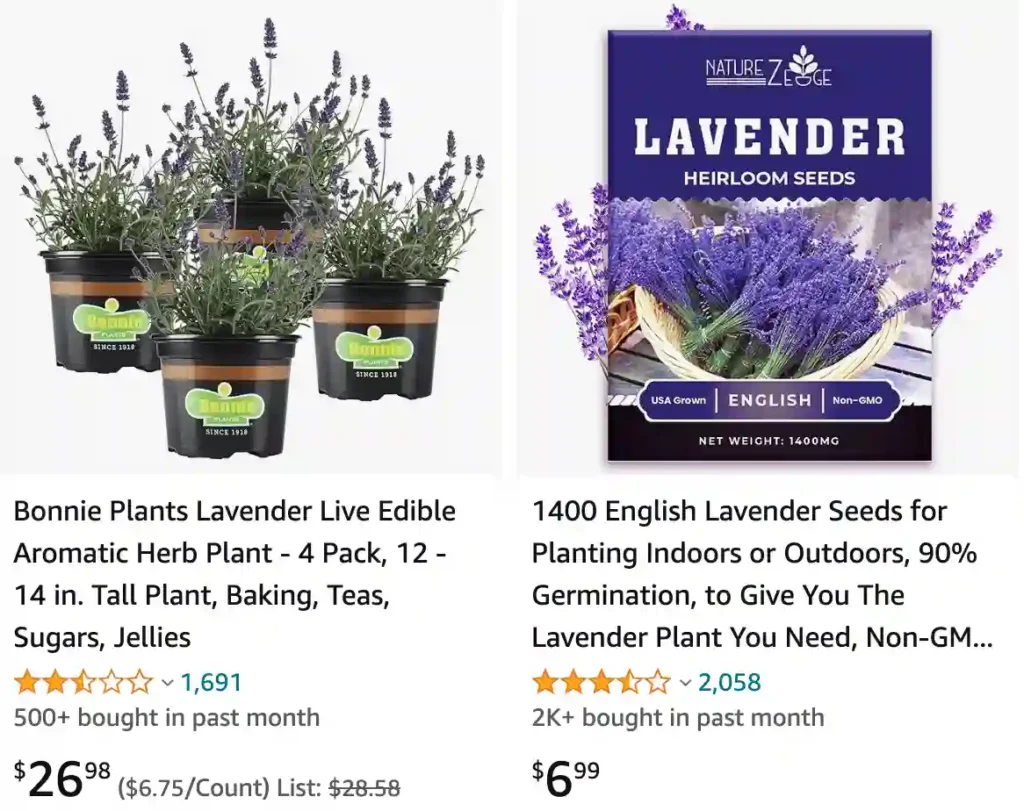
The Enchanting World of Lavender
My name is Ferb Vu, and I’ve always been captivated by the beauty and versatility of lavender. The genus Lavandula, a member of the mint family (Lamiaceae), offers a diverse array of species with distinct characteristics and uses. From the classic English lavender to the more exotic Spanish lavender, this fragrant plant has captured the hearts of gardeners and aromatherapy enthusiasts alike. Join me as we explore the fascinating world of lavender.
A Tapestry of Scents and Colors
Lavender is renowned for its soothing fragrance, often described as floral, herbaceous, and slightly camphoraceous. This captivating aroma is due to the presence of essential oils within the plant’s flowers, leaves, and stems. These oils not only provide a delightful sensory experience but also possess therapeutic properties.
While purple is the color most commonly associated with lavender, the genus boasts a spectrum of hues. From deep violet and vibrant blue to soft pink and even white, lavender flowers add a touch of elegance to any garden or landscape. The shape and size of the flower spikes also vary among species, contributing to the diversity of this remarkable genus.
A Global Citizen
Lavender is native to the Old World, with its origins tracing back to the Mediterranean region, the Canary Islands, and parts of Asia. It thrives in dry, sunny climates and well-drained soils. Over time, lavender has been cultivated and naturalized in various parts of the world, including Europe, North America, and Australia.
This adaptability has led to the development of numerous cultivars and hybrids, each with unique characteristics. Some are prized for their ornamental value, while others are cultivated for their essential oils used in perfumes, cosmetics, and aromatherapy.
A Diverse Family
The genus Lavandula encompasses a wide array of species, each with its own distinct features and charm. Here are:
- Lavandula × alportelensis P.Silva, Fontes & Myre
- Lavandula angustifolia Mill.
- Lavandula antineae Maire
- Lavandula aristibracteata A.G.Mill.
- Lavandula atriplicifolia Benth.
- Lavandula austroapennina N.G.Passal., Tundis & Upson
- Lavandula bipinnata (Roth) Kuntze
- Lavandula bramwellii Upson & S.Andrews
- Lavandula buchii Webb & Berthel.
- Lavandula × cadevallii Sennen
- Lavandula canariensis Mill.
- Lavandula × cavanillesii D.Guillot & Rosselló
- Lavandula citriodora A.G.Mill.
- Lavandula coronopifolia Poir.
- Lavandula dentata L. Plant FAQs: Lavandula Dentata – French Lavender
- Lavandula dhofarensis A.G.Mill.
- Lavandula erythraeae (Chiov.) Cufod.
- Lavandula galgalloensis A.G.Mill.
- Lavandula gibsonii J.Graham
- Lavandula × ginginsii Upson & S.Andrews
- Lavandula hasikensis A.G.Mill.
- Lavandula × heterophylla Viv.
- Lavandula × intermedia Emeric ex Loisel. Plant FAQs: Lavandula x Intermedia – Lavandin
- Lavandula lanata Boiss.
- Lavandula latifolia Medik. Plant FAQs: Lavandula Latifolia
- Lavandula × limae Rozeira
- Lavandula × losae Sánchez-Gómez, Alcaraz & García Vall.
- Lavandula macra Baker
- Lavandula mairei Humbert
- Lavandula maroccana Murb.
- Lavandula minutolii Bolle
- Lavandula multifida L.
- Lavandula nimmoi Benth.
- Lavandula nooruddinii A.Patzelt & A.Al Hinai
- Lavandula pedunculata (Mill.) Cav.
- Lavandula pinnata Lundmark
- Lavandula pubescens Decne.
- Lavandula qishnensis Upson & S.Andrews
- Lavandula rejdalii Upson & Jury
- Lavandula rotundifolia Benth.
- Lavandula saharica Upson & Jury
- Lavandula samhanensis Upson & S.Andrews
- Lavandula setifera T.Anderson
- Lavandula somaliensis Chaytor
- Lavandula stoechas L. Plant FAQs: Lavandula Stoechas
- Lavandula sublepidota Rech.f.
- Lavandula subnuda Benth.
- Lavandula tenuisecta Coss. ex Ball
- Lavandula viridis L’Hér.
A Gift to the Senses and Beyond
Lavender has been cherished for centuries for its therapeutic properties. Its essential oil is known to promote relaxation, reduce anxiety, and improve sleep quality. Lavender is also used in traditional medicine to treat headaches, digestive issues, and skin conditions.
Beyond its medicinal applications, lavender is a versatile ingredient in culinary creations. Its floral notes add a delicate touch to desserts, beverages, and savory dishes. Lavender is also used in perfumes, cosmetics, and household products, infusing them with its captivating fragrance.
Can you smoke lavender? Is smoking lavender safe?
I’ve tried smoking lavender a few times, and while it offers a mildly relaxing effect with a pleasant herbal flavor, I found that it can be a bit harsh on the throat and lungs, so I wouldn’t recommend it for regular use without further research on its safety.
Do deer eat lavender?
In my garden, lavender has been a reliable choice for deer resistance; I often see deer nibbling on other plants but they tend to leave my lavender bushes untouched, likely due to the strong scent.
Where to buy lavender plants?
I usually buy my lavender plants from a local nursery where they have a good variety, but I’ve also had success ordering them from reputable online plant stores that deliver healthy, well-packaged plants.
When is lavender in bloom?
In my experience, lavender starts blooming in late spring and continues through the summer, filling my garden with beautiful purple flowers and a delightful fragrance that lasts for months.
What color goes with lavender?
I’ve found that pairing lavender with soft greens and whites in my garden creates a serene and harmonious color scheme, making the lavender stand out beautifully.
What to do with lavender?
I love harvesting lavender to make sachets for my drawers, homemade bath salts, and even infusing it into honey for a deliciously aromatic treat.
What does lavender smell like?
Lavender’s scent in my garden is a blend of sweet, floral, and herbal notes, creating a calming and soothing aroma that I find incredibly refreshing and therapeutic.
Can lavender grow in shade?
In my experience, lavender doesn’t thrive well in shaded areas; the plants I tried growing in partial shade were leggy and produced fewer flowers compared to those in full sun.
How to make lavender simple?
I often make a simple lavender syrup by simmering fresh lavender flowers with sugar and water, creating a versatile ingredient for drinks and desserts that always impresses guests.
How to use lavender oil for sleep?
I use lavender oil for sleep by adding a few drops to my pillowcase or diffusing it in my bedroom, and I’ve noticed that it significantly helps me relax and drift off more easily.
Is lavender plant safe for dogs and cats?
My pets often roam around my lavender plants without any issues, and I’ve read that while ingestion in large quantities might be harmful, occasional contact hasn’t caused any problems for them.
What do lavenders symbolize?
For me, lavender symbolizes calm and tranquility; its presence in my garden always brings a sense of peace and relaxation, making it a cherished plant.
Does lavender repel spiders?
I’ve noticed fewer spiders around the areas where I have planted lavender, which makes me believe its strong scent might act as a natural repellent.
Does lavender repel fleas?
Using dried lavender in my dog’s bedding has seemed to help keep fleas at bay, providing a natural alternative to chemical repellents.
Does lavender repel roaches?
I haven’t seen roaches in my home, and I like to think that the lavender sachets I place around might play a role in deterring them with their potent fragrance.
Can lavender survive winter?
My lavender plants have survived several mild winters with just a bit of mulching for extra protection, proving to be quite resilient.
Does lavender grow in Florida?
I make lavender extract by soaking lavender buds in alcohol for several weeks, shaking it occasionally, and then straining it to get a wonderfully aromatic liquid that enhances my baking.
How to make lavender extract?
I make lavender extract by soaking lavender buds in alcohol for several weeks, shaking it occasionally, and then straining it to get a wonderfully aromatic liquid that enhances my baking.
Is lavender invasive?
In my garden, lavender has been well-behaved, forming neat bushes without spreading aggressively, making it a lovely and manageable addition.
Lavender vs Lilac
I’ve always found lavender to have a more versatile scent than lilac, which can be a bit overwhelming for me, while lavender’s calming aroma is perfect for my garden relaxation spots.
Lavender vs Periwinkle
When comparing lavender and periwinkle, lavender’s rich, fragrant blooms win me over every time, though periwinkle’s gentle, creeping nature is great for filling in gaps in my garden beds.
Lavender vs Rosemary
Rosemary’s strong, pungent aroma is fantastic for cooking, but lavender’s softer, sweeter scent makes it my go-to for relaxing evenings on the patio.
Lavender vs Russian Sage
Russian sage is a resilient plant, but its more subtle scent can’t compete with lavender’s delightful fragrance, which really stands out in my herb garden.
Lavender vs Salvia
Salvia adds a burst of color and is very hardy, but I prefer lavender’s soothing fragrance and its ability to attract bees and butterflies to my garden.
Lavender vs Catmint
Catmint is a lovely addition for attracting cats and bees, but lavender’s superior scent and longer-lasting blooms make it my top choice for a fragrant garden corner.
Lavender vs Sage
Sage’s robust flavor is great for cooking, yet lavender’s delicate, floral notes are what I enjoy most in my garden for a tranquil, aromatic experience.
Lavender vs Lupine
Lupine’s vibrant colors are striking, but I find lavender’s consistent fragrance and calming presence much more appealing for my garden’s relaxing spaces.
A Personal Connection
My fascination with lavender stems from its ability to evoke a sense of tranquility and well-being. Whether I’m strolling through a lavender field, enjoying a cup of lavender tea, or simply inhaling its soothing aroma, I find myself transported to a place of peace and serenity.
I believe that lavender has the power to enhance our lives in countless ways. From its beauty and fragrance to its therapeutic and culinary applications, this remarkable plant offers a wealth of benefits. As I continue to explore the world of lavender, I’m constantly amazed by its versatility and charm.
I encourage you to discover the magic of lavender for yourself. Whether you’re a seasoned gardener, an aromatherapy enthusiast, or simply someone who appreciates the beauty of nature, lavender has something to offer everyone.
If i die, water my plants!
